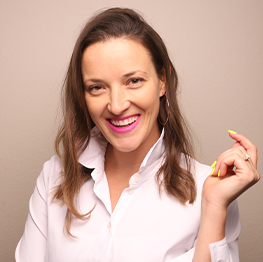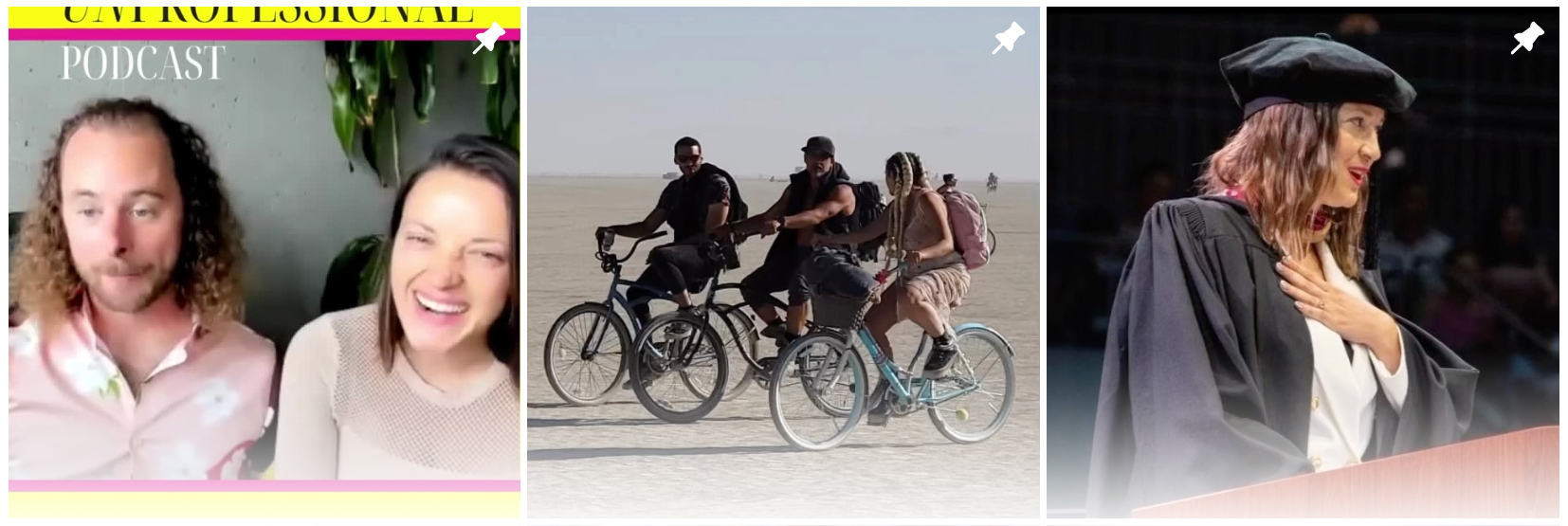I’ve been invited by Elon University to give a commencement address. This is something I never expected. I haven’t even thought of it as a possibility.
I am an achiever. I relentlessly go after my dreams and have fulfilled most of them, but this is different. This is not something you pursue or chase after. I literally fell face down to the floor in disbelief when I got the call from Elon.
That was almost 5 months ago. And today I want to share with you what I’ve done to prepare for the commencement address I’ll be delivering at my alma mater this coming Friday.
At first, I was trying to be modest and didn’t want to talk outwardly about it. But people kept asking and want to hear how I’ve been preparing. Then I realize that by limiting myself in sharing, I’m limiting people from being a part of it.
To watch the commencement address live, join us here.
The Preparation Process
I’m not a perfectionist. But when I decide to do something I make it a priority to do it well, especially when it only happens once. Giving this commencement address matters deeply to me. I’m truly honored by this opportunity. This is literally something I won’t be able to do again.
Over the last four months in preparing for this talk, I came up with my own approach that I know you can also adapt to any creative project you may have or want to do.
First Month: Brainstorming
The first month when I found out that I was getting asked to do a commencement address at Elon, I was on fire. I was so inspired for the first four weeks. I spent this period purely brainstorming. No edits. No re-reading. Just putting ideas on paper.
Without realizing it, the steps I went through in preparing for this commencement address are similar to the steps from a decision-making model I’ve been taught at Toyota.
When people make decisions, there are usually 4 steps:
- Gathering information
- Artist phase
- Deciding
- Warrior – taking bold, decisive action
The first month I was just gathering information. I wasn’t deciding what ideas to go for. I just write down all of my ideas in one document, not minding how they are constructed or how they relate to each other. It was purposely poorly written.
Second Month: Drafting
I spent the second month drafting. As artists do, I look at everything I have and think about how to shape it. Morphing it like a piece of clay. What am I really getting at? What am I really saying? What do these college graduates really want to hear?
Third Month: Editing
This is the most excruciating part. As a speaker, I’ve done all sorts of talks. Keynotes opening a huge conference. Talks within a conference and to end a conference. Emceeing. Training. As a speaker, I am familiar with how the medium can change a lot, how each serves a different purpose and how to adjust your approach.
Editing a commencement address is an entirely different challenge. You don’t have an hour to kill. You don’t have a deck. You only have 10 minutes. You have to be very careful and immediate about what you say. You have to be thoughtful, deliberate, and intentional. Instead of saying one thing across 4 sentences, you have to say it in one sentence without losing its value or impact.
To further refine my talk, I reached out to a community I’m part of, the Coca-Cola Scholars Foundation, to get the perspective of someone in college or fresh out of college. I have a strong message but I really want to empathize with students. I need to say what they need and want to hear. I was able to find a couple of people and got a lot of great input.
I also had a meeting with the student officers at Elon who chose me to deliver the commencement address. I learned from Toyota that you don’t need to have the answer all the time. Sometimes, you just need to ask your customers what outcomes they expect. Even though it was nerve-wracking, I asked them what their students need to hear. I want the talk to serve them, not me. I want to make the message to be so valuable that it will be remembered.
4th month: Rehearsing
After meeting with the team at Elon, I went back and polished my talk. Then I started doing hardcore rehearsals. I’ve spent the fourth month rehearsing over and over again in my head and verbally.
Rehearsing for me is like the 4th stage in the decision-making process. It’s the bold, decisive action part of the process. Doing the actual commencement address is just the icing on the cake.
What does my rehearsal look like?
I have an hour dedicated to rehearsing on my schedule every day for the 2 weeks up to the commencement address. As a speaker for almost 16 years, I know that success in speaking comes from readying your body.
It’s not about memorizing your talk, preparing your deck, and going through your slides. It’s less about your mind and more about your body. How can you get your body to feel what it feels like to be on that stage to talk to thousands of people?
Other than rehearsing the flow, the tone, the delivery, the timing and landing of the jokes or the statements, I’m readying my body. This way when I deliver these statements in 10 minutes, they do not feel new or uncomfortable. Instead, they feel like a part of me.
I get dressed in the outfit I’ll be wearing at the event as though I’m doing it for real. Another thing I’ve done to ready my body is classical conditioning. It involves exposing yourself to something more and more so that you conditioned yourself to be prepared for it.
The largest crowd I’ve ever spoken to was 3,500. At Elon, it’s going to be twice as big. It’s going to be indoors with lights. This is going to be different from my previous experience where I actually couldn’t see more than 5 rows in the front. I have to prepare my mind to see 8,000 people instead of seeing darkness.
To condition my mind, I printed out pictures of the exact stadium where Elon is holding the commencement address. I scattered them throughout my house. I look at them every day. I’m seeing the vision and feeling it in my body. When I get on stage this Friday, it would feel like I’ve been here. I’ve done this before. This is not scary. It’s similar to what athletes do to visualize success.
Final Words
For the past 4 months, I’ve invested more time than I needed to in preparing for this commencement address. It’s only 10 minutes. It’s going to be over really fast. But creativity is not about efficiency and productivity. It’s about meaning. And I want this to have meaning. My hope is that something breaks through with them, and their life is never the same because of my message.
Hopefully, sharing with you this experience I’ve had in preparing for this commencement address inspires you in whatever creative projects you may have or want to pursue. And who knows you may be invited to give a commencement address. Because if it happened to me, it can happen to you.
If you want to watch the commencement address live this Friday, join us here.
In love and respect,
Hilary Corna














